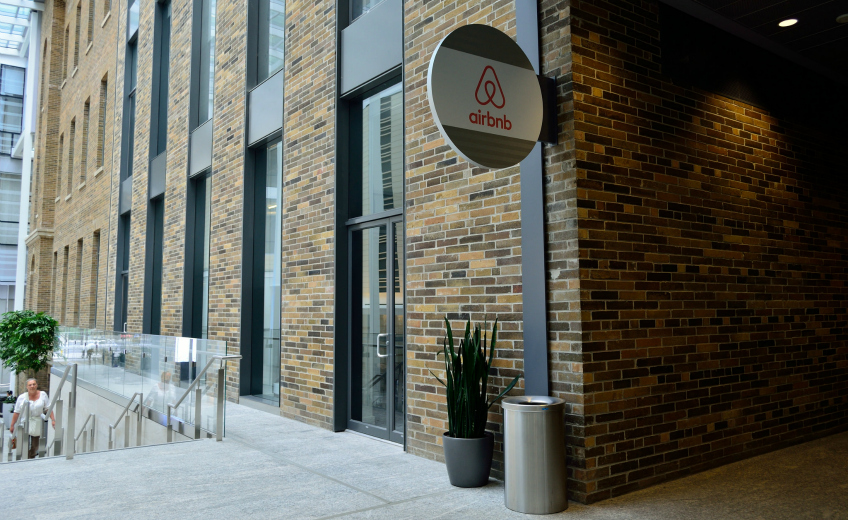Bangkok is among the world’s biggest markets for the accommodation-sharing platform Airbnb, according to figures released by the company. It puts the Banglamphu area of the Thai capital – home to Bangkok’s old town, and popular with foreign tourists visiting Thailand – in second place only to a neighbourhood in Osaka, Japan, in terms of year-on-year growth rates for bookings made through the Airbnb site.
Airbnb’s own data, released by the California-based company as part of a list of up-and-coming destinations around the world for independent travellers, shows that the Banglamphu area experienced 1,230% growth in its number of Airbnb guests between 2014 and 2014. Osaka’s Chūō-ku steamed ahead in first place with growth of 7,000%, while the Brickfields area of the Malaysian capital, Kuala Lumpur, was just behind Bangkok with 1,200% growth.
These top three entries were among the only Asian destinations featured in Airbnb’s top-16 listing – the Bukit Peninsula area of Bali was in 14th place with growth of 130%. According to the list, other popular neighbourhoods for travellers included those in the United States, Greece, France, Brazil, Germany, Australia and Argentina. The model of booking accommodation in locals’ homes – whether an entire house or a single room with shared facilities – is founded on the premise that this enables travellers to experience a neighbourhood not just as a temporary visitor but as a local.
Close to the royal and administrative capital of Rattanakosin Island, Bangkok’s Banglamphu area allows visitors to stay within easy reach of a throng of historical attractions, including famous Buddhist temples like Wat Phra Kaew within the Grand Palace compound, Wat Pho and Wat Arun. It’s also home to a bustling nightlife scene, centred on the busy and internationally known Khaosan Road but also spilling out onto neighbouring streets like Phra Athit Road, which has a more mellow vibe and is equally popular with local Thai and expat young professionals, as well as students from nearby Thammasat University.
Airbnb says that food figures highly on the wish lists of travellers booking through the platform, and that a vibrant food scene can be a key criteria in enabling a destination to make its way onto this high-growth list. That’s certainly the case in Banglamphu, one of the oldest and most reliable of Bangkok’s foodie districts, where for decades countless vendors have specialised in family recipes for traditional Thai street food staples.
That’s not to say that finding accommodation on Airbnb – and, even more so, hosting guests who have booked through the platform – is not without its challenges. The site is a leading name in the so-called ‘sharing economy’, one also inhabited by the likes of Uber, established with the aim of using modern technology to cause ‘disruption’ to traditionally established industries like travel, hospitality and transportation. Airbnb has come up against problems complying with legal and regulatory requirements around the world, the majority of which were drawn up in the pre-internet era. Issues include security, tax implications and the impact on a neighbourhood’s demographics and housing market. Among cities around the world which have taken strict action against Airbnb hosts - in some cases coming close to banning the practice altogether – are Paris, Barcelona, Berlin, New York, San Francisco and Santa Monica.














































































































































































































































































































































































































































































































































































































































































































































































































